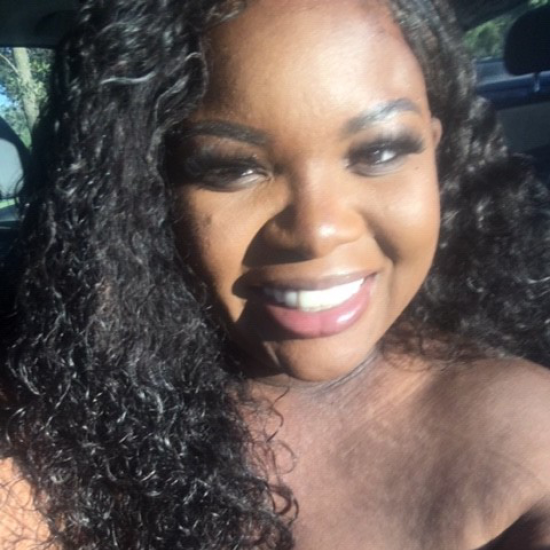Community Equity Program Alum Triasia Givens Advocates for Education
Triasia Givens joined Wilder’s Community Equity Program in fall 2019 because she wanted to join with others to create change in the community. Triasia is the co-chair of the Black Parents Advisory Council of Minneapolis Public Schools and a student in the Master’s of Advocacy and Political Leadership program at Metropolitan State University. She is part owner of a mental health services business in North Minneapolis, where she lives.
Through her work and community engagement, Triasia sees opportunities to create meaningful change in education and other systems. “I want to be a better leader for my community,” Triasia says.
Participants Develop Skills to Influence Public Policy Decision Making
The Community Equity Program amplifies the power, skills and experience of Black, Indigenous and people of color (BIPOC) to engage in and influence public policy decision making for their communities. Just 10% of the Minnesota Legislature is comprised of BIPOC-identified legislators. Though little data are available about the number of Black, Indigenous or people of color who are involved in advocacy for public policy decision making in the state, it’s generally recognized that people of color are underrepresented.
In the Community Equity Program, Triasia developed the knowledge and skills to navigate and take action during a legislative session, from building a coalition, to creating powerful testimony to the process of making a bill. “Everything about changing or impacting your community through the political process, we definitely learned,” Triasia says. “I gained so much. It was so informative. Every time we stepped into that room, I knew that we were going to learn something so powerful, so impactful.”
Through the program, Triasia participated in the Voices and Choices Coalition for Children’s Defense Fund Minnesota, which advances the priorities of the early childhood education sector, with a focus on meaningfully engaging communities of color and Indigenous communities. She was part of the steering committee for the coalition and also helped plan an advocacy day for children.
Triasia says she was the only Black person in the advocacy day planning meeting, and asked questions to make the day as inclusive as possible: How would the group protect people of color who might be uncomfortable at the mostly white Capitol? What about children with special needs? What about daycares who would like to join but could not afford transportation? “You become more comfortable speaking up,” she says.
Reflecting on BIPOC Experiences is Central to Personal Leadership Development
For Triasia, one of the most important lessons from the Community Equity Program was about the power of vulnerability. In addition to building skills, knowledge and networks, Community Equity Program encourages participants to examine and cultivate their personal leadership by reflecting on the experience of BIPOC people navigating the legislative process.
“I was like, how many times are you going to ask about me? Can’t we just learn about the process?” Triasa said. At the start of the program, Triasia and her siblings were caring for her grandmother, with whom she was very close, as her grandmother was in hospice at home. “Nobody in CEP knew about that,” Triasia says.
In December, after her grandmother died, Triasia began opening up to her colleagues in the program. “I realized that vulnerability was a strength, and that sometimes culturally you’re taught differently than what can help you personally develop,” she says.
Cohort of Community Leaders Build a Strong Network in the Leadership Program
By the end of the program, Triasia developed a strong network with her cohort of community leaders, who included candidates for political races and others with strong backgrounds in community leadership. “I was around very powerful, very amazing people. I was just in awe of everybody and what they’re doing and how they’re doing things,” she says.
Triasia plans to continue working toward equity in education, including joining a push to make Black history mandatory in schools. She also wants to work on changes to education for students who receive special education services, especially in Level IV programs, which educate students separately from mainstream classes. She wants to change how victims of domestic violence and sexual violence are supported when they encounter police. Triasia sees much of this work coalescing in conversations about police reform and addressing systemic racism in Minneapolis. “The dots are connecting,” she says.

